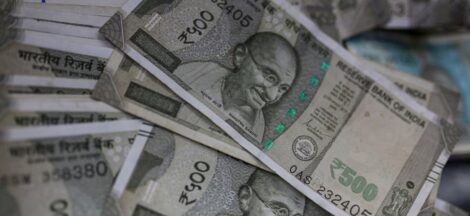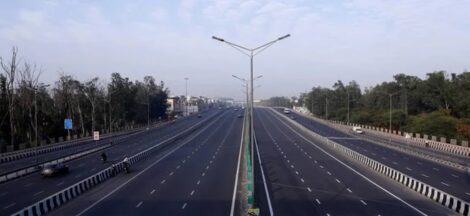NEW DELHI: India will strongly oppose a China-led proposal for an investment facilitation pact besides pressing for finding a permanent solution to public stock holding of grains for food security and protection of the interests of fishermen at the WTO ministerial meeting beginning Tuesday.
The Indian delegation is led by Commerce and Industry Minister Piyush Goyal. The four-day 13th ministerial conference (MC13) will start on February 26 in Abu Dhabi, the United Arab Emirates (UAE).
Trade ministers of 164 member countries of the World Trade Organisation (WTO) are meeting against the backdrop of the uncertain global economic situation due to the Red Sea crisis, the Ukraine-Russia war and the Israel-Hamas conflict.
The key issue of India’s interests at the meeting relates to finding a permanent solution for its minimum support price (MSP) issue for food security, agricultural reforms, fisheries subsidies, e-commerce moratorium on import duties, dispute settlement, and WTO reforms.
The public stock-holding (PSH) programme is a policy tool under which the government procures crops like rice and wheat from farmers at MSP, and stores and distributes foodgrains to the poor.
India stresses the need for PSH for its large, vulnerable population and wants a permanent solution from the MC13. Food procurement, stockholding, and distribution are crucial to India’s food security strategy.
MSP is normally higher than the prevailing market rates and sells these at a low price to ensure food security for over 800 million beneficiaries. However, the WTO’s Agreement on Agriculture limits the ability of a government to purchase food at MSP.
Under global trade norms, a WTO member country’s food subsidy bill should not breach the limit of 10 per cent of the value of production based on the reference price of 1986-88.
As part of the solution, India has asked for measures like amendments in the formula to calculate the food subsidy cap. Developed nations are of the view that such programmes distort global trade prices of food grains.
India opposes this move being pushed for certain nations. For example, India is strongly opposing efforts of a group of countries led by China to push a proposal on investment facilitation for development agreement at the WTO.
The country has maintained that this agenda falls outside the mandate of the global trade body.
According to experts, the attempt of the group to integrate the proposal into the WTO has systemic concerns for the organisation and it would impact developing nations in pursuing their interest in future.
India’s stance is to protect farmer livelihoods and ensure equitable market access. However, developed nations are pushing to reduce domestic support and increase market openness irrespective of the fact that they themselves provide large subsidies to their rich farmers.
India advocates for inclusive reforms that consider developing countries’ interests, against the backdrop of developed nations’ proposals for flexible negotiation processes, dropping of decision-making by consensus and the integration of non-trade issues into WTO without consensus.
India supports efforts to improve the working of the WTO but its key pillars like special and differential treatment for less developed and developing nations, equal voice and dispute settlement mechanism should be retained while undertaking reforms, an official said.
India also seeks a revamp of the Appellate Body to ensure fairness, facing off against the USA’s reluctance to do so and EU’s proposal for alternate mechanisms.
The US, a frequent participant in WTO disputes, has been obstructing the process due to dissatisfaction with inefficiencies and perceived overreaches by the WTO’s judiciary.
The members have already reached the first part of the agreement in 2022 under which subsidies will be prohibited for illegal, unreported and unregulated (IUU) fishing.
With inputs from PTI



